In recent years, indoor plants have become more than just décor items—they are now essential tools in improving mental and physical well-being. Among the many benefits they offer, aromatherapy is one of the most powerful. Certain indoor plants emit natural fragrances that not only elevate the atmosphere but also offer therapeutic benefits, such as reducing stress, boosting mood, and even promoting better sleep. In this article, we will explore how to use indoor plants for aromatherapy and dive into the health benefits these natural scents provide.

What Is Aromatherapy?
Aromatherapy is the practice of using natural plant extracts and essential oils to improve physical and emotional health. It has been used for centuries to promote relaxation, relieve stress, and improve overall well-being. While essential oils are the more common medium for aromatherapy, growing fragrant indoor plants can provide a consistent, all-natural source of aromatherapy right in your home.
Also Read- The Role of Humidity In Indoor Plant Growth and Health
Best Indoor Plants for Aromatherapy
Here are some of the best indoor plants that are known for their natural fragrances and therapeutic properties:
1. Lavender

Lavender is widely recognized for its calming scent, making it one of the most popular plants for aromatherapy. The soft fragrance of lavender has been shown to reduce stress, anxiety, and even improve sleep quality.
- Benefits: Lavender's soothing aroma promotes relaxation, reduces anxiety, and helps treat insomnia. It can also help alleviate headaches and minor body aches.
- How to Use: Place lavender near your bed or in the living room where you relax. The natural scent from the flowers will help create a calming environment.
2. Rosemary
Rosemary is not only a popular culinary herb but also a plant known for its invigorating scent. Its strong, earthy fragrance is believed to stimulate the mind and enhance memory and concentration.
- Benefits: Rosemary’s scent can improve focus and mental clarity, making it ideal for home offices or study areas. It may also help reduce fatigue and increase alertness.
- How to Use: Keep rosemary near your workspace or kitchen for an instant mental boost. You can also rub the leaves between your fingers to release more of the aromatic oils.
Also Read- How Seasonal Changes In Humidity Impact Your Indoor Plants
3. Jasmine
Jasmine is known for its sweet and uplifting fragrance. The scent of jasmine is associated with improving mood and reducing symptoms of depression.
- Benefits: Jasmine has mood-boosting properties and can help reduce feelings of anxiety and stress. It’s also believed to act as a natural antidepressant.
- How to Use: Place jasmine near windows or in rooms where natural airflow can help circulate the scent. Having it in your bedroom can also improve sleep quality, thanks to its calming aroma.
4. Eucalyptus

The sharp, refreshing fragrance of eucalyptus makes it a great plant for aromatherapy. Eucalyptus is often used in treatments for respiratory issues due to its decongestant properties.
- Benefits: Eucalyptus helps clear sinuses and relieve symptoms of colds and allergies. Its cooling scent can also ease muscle tension and reduce inflammation.
- How to Use: Keep eucalyptus in areas where you spend a lot of time, such as the bathroom or bedroom. Hanging sprigs of eucalyptus in your shower allows the steam to release its oils, filling the air with its refreshing aroma.
Also Read- How To Use Indoor Plants To Reduce Noise Pollution: Natural Ways To Create a Quieter Home
5. Mint (Peppermint or Spearmint)
Mint plants, particularly peppermint and spearmint, are known for their crisp, invigorating fragrance. Their scent is often associated with improving mental clarity and reducing fatigue.
- Benefits: Mint helps improve concentration, reduce headaches, and alleviate symptoms of nausea. It also has a cooling, refreshing effect on the body and mind.
- How to Use: Place mint plants in your kitchen, workspace, or study area. Simply crushing the leaves with your fingers can release its fragrant oils for instant relief.
How to Maximize Aromatherapy Benefits with Indoor Plants

Here are some tips on how to enhance the aromatherapy benefits of your indoor plants:
1. Strategic Placement
Place your aromatic plants in areas where you can fully enjoy their scents. Bedrooms, living rooms, home offices, and bathrooms are great spots. For stress relief and better sleep, position lavender or jasmine plants near your bed. For improved focus, keep rosemary or mint in your workspace.
2. Use Multiple Plants
To create a powerful aromatherapy atmosphere, mix different scented plants in various rooms. Each plant offers unique benefits, so placing a combination of lavender and rosemary in your home office could help you stay relaxed while maintaining focus.
3. Natural Diffusion
Allow the natural air circulation in your home to diffuse the scents. Open windows when possible to help the fragrant oils travel throughout your space. Additionally, placing plants near vents or fans can enhance their diffusion.
4. Prune and Crush Leaves
Some plants release more fragrance when their leaves or flowers are slightly crushed or pruned. For plants like mint or rosemary, gently rub or trim the leaves to release more of their oils into the air.
5. Add to Your Bath or Shower
For a more immersive experience, use plants like lavender, eucalyptus, or mint in your bath or shower. Hanging eucalyptus in the shower, for example, allows the steam to enhance the plant’s natural aroma, providing a spa-like atmosphere.
Health Benefits of Aromatherapy with Indoor Plants
The health benefits of indoor plant aromatherapy are vast. Not only do these plants improve the air quality of your home, but their natural scents can also:
- Reduce Stress: Lavender, jasmine, and other aromatic plants have been shown to reduce stress levels and promote relaxation.
- Boost Mood: Fragrant plants like jasmine can lift your spirits and help combat symptoms of depression.
- Enhance Focus and Memory: Plants such as rosemary and mint can improve mental clarity, focus, and memory retention.
- Improve Sleep: Scented plants like lavender are known to promote better sleep by relaxing the body and mind.
Conclusion
Using indoor plants for aromatherapy is an excellent way to naturally boost your mental and physical well-being. From lavender’s calming effects to rosemary’s focus-enhancing abilities, these plants bring a range of health benefits that can elevate your living space. By strategically placing these plants in your home and using their scents to your advantage, you can create a calming, refreshing, and health-boosting environment.
Start incorporating these fragrant indoor plants into your space today, and enjoy the therapeutic benefits of natural aromatherapy.


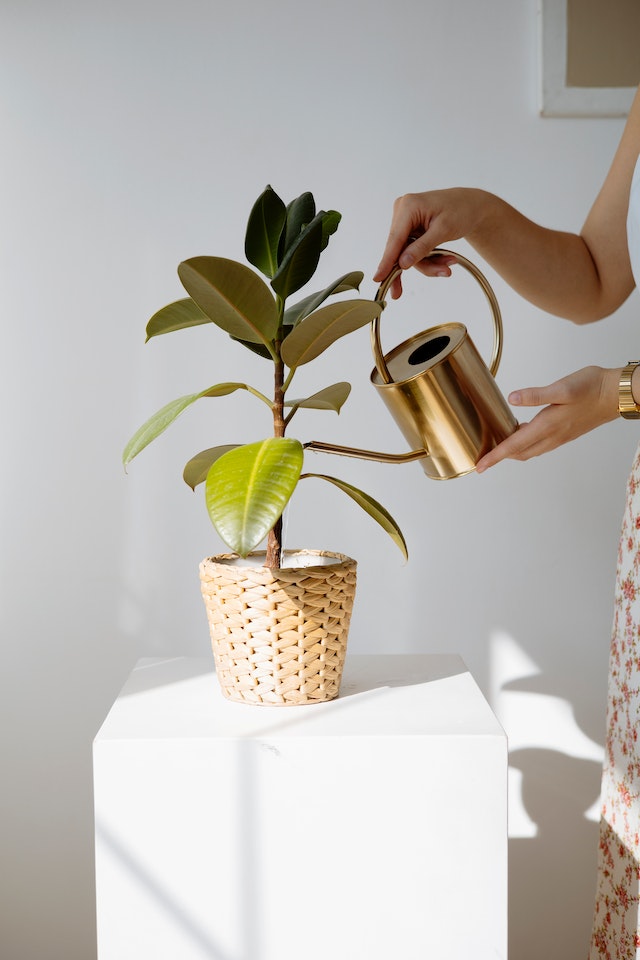
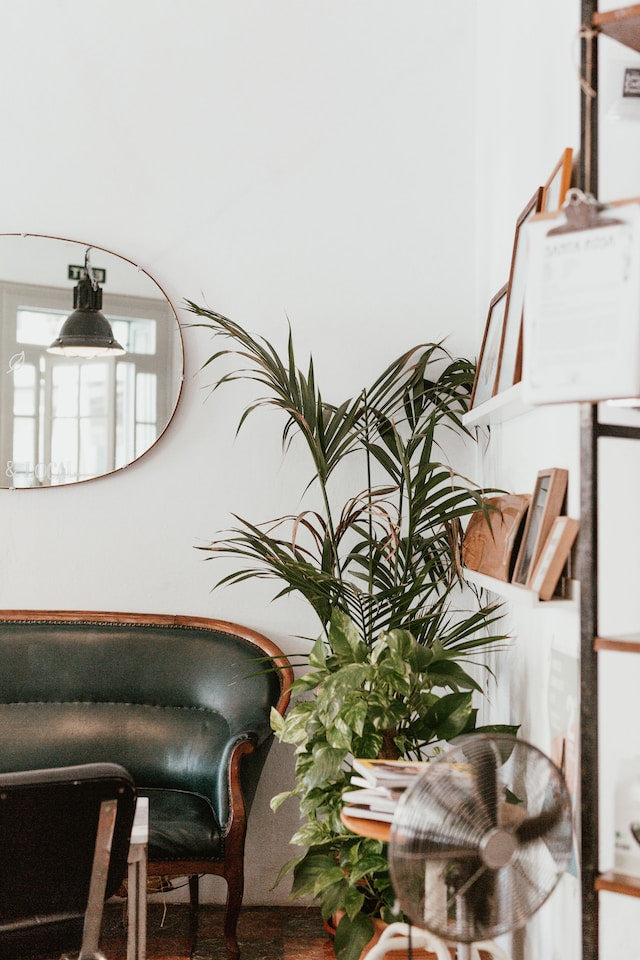
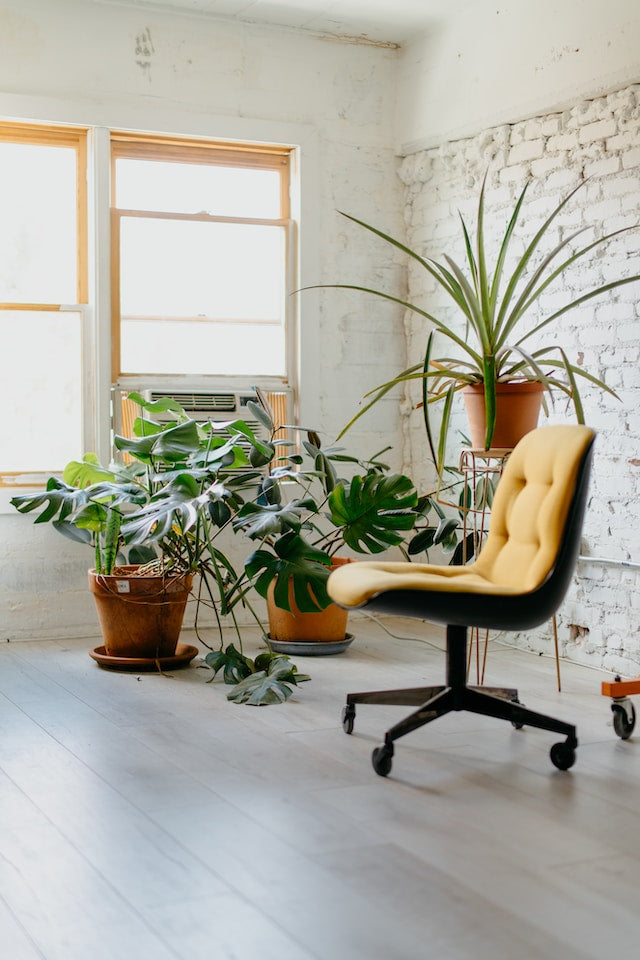
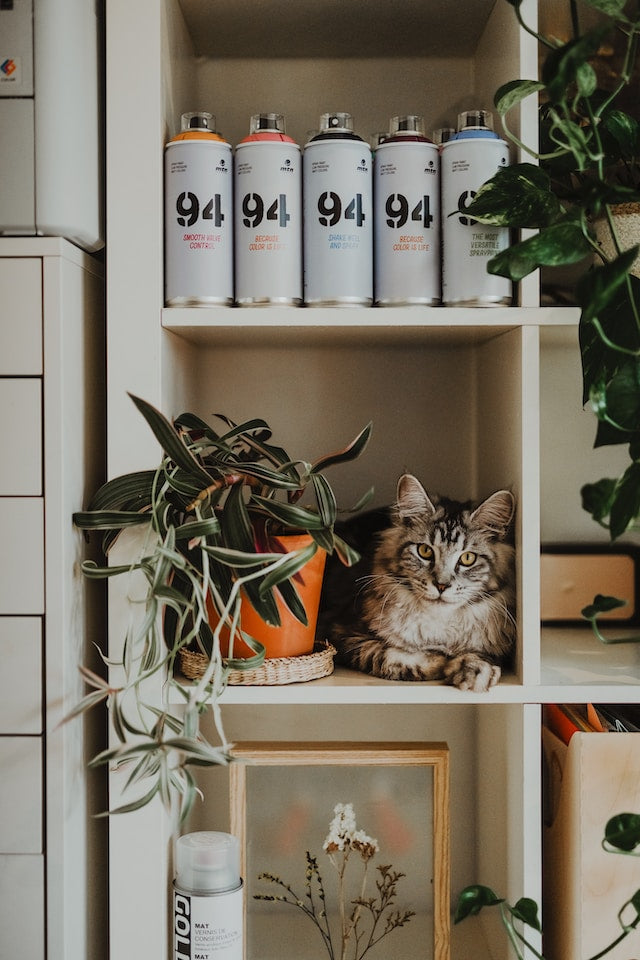
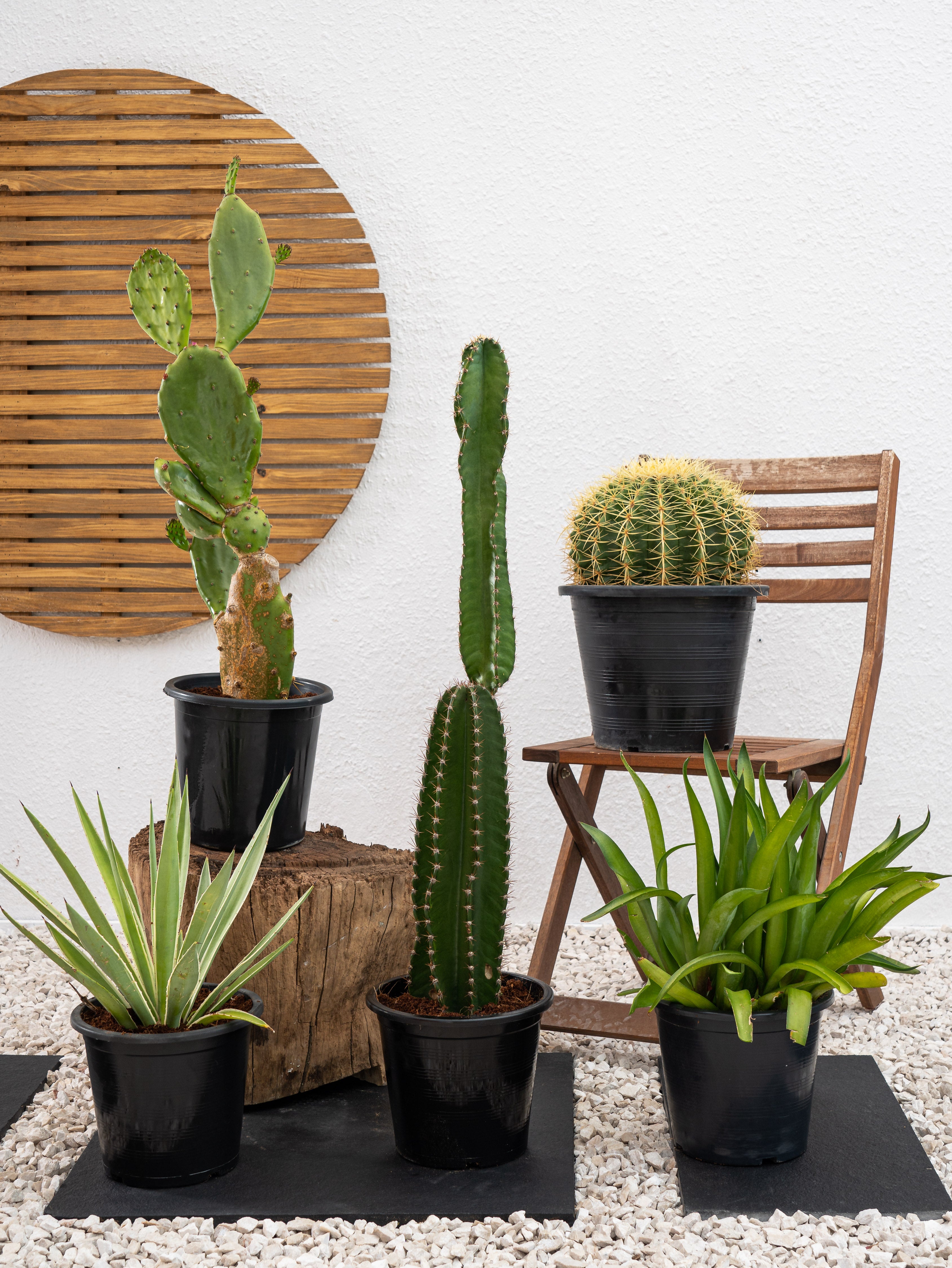


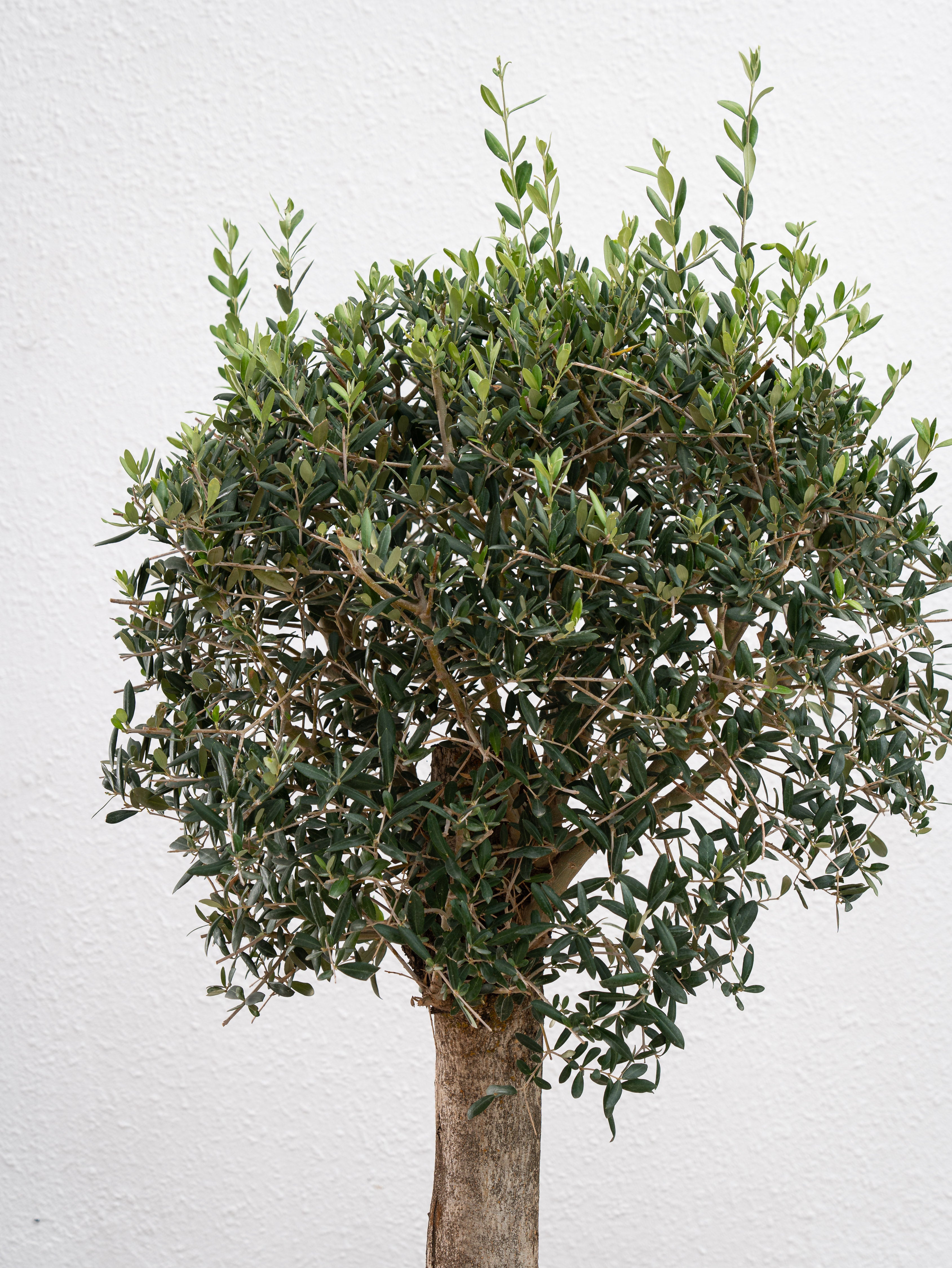
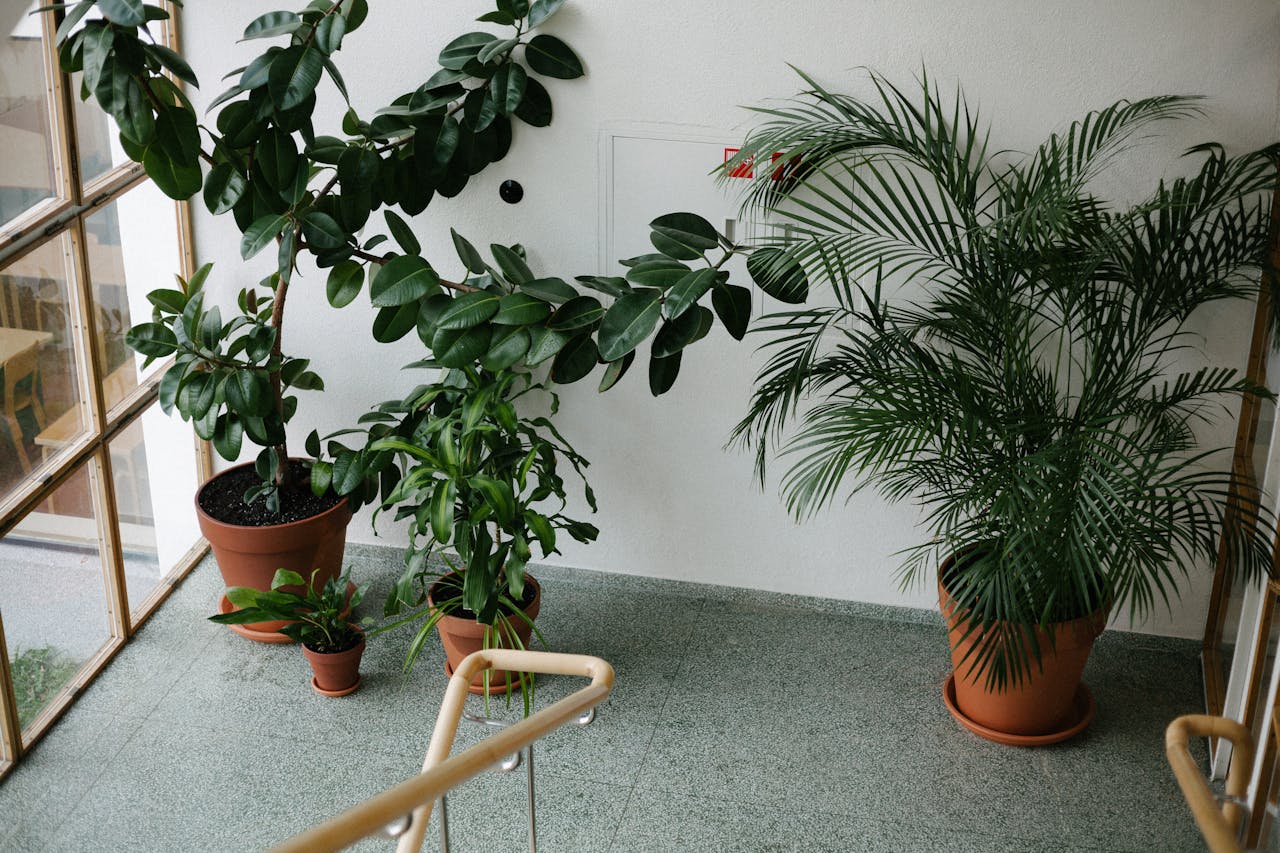



Leave a comment
This site is protected by hCaptcha and the hCaptcha Privacy Policy and Terms of Service apply.